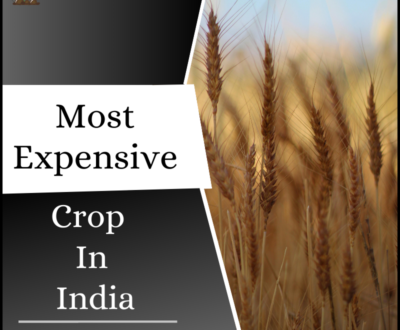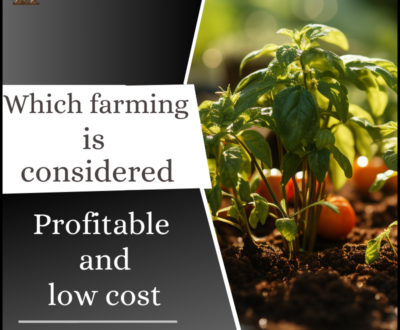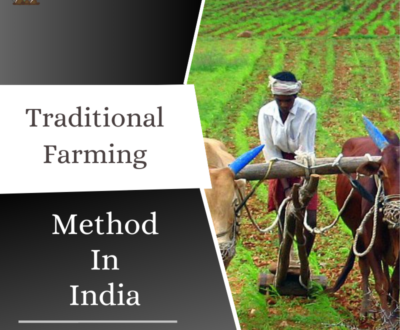Tips to avoid failure in Agriculture
Agriculture has always been an integral part of human civilization and it is an important industry that supplies food, raw materials and jobs to millions of people around the world. Agriculture is the one of the most important sectors that contribute to the economy’s growth. However farming is no easy task , it involves many risks and challenges that can lead to failure if not handled properly. If you choosing agriculture as a carrier. It requires lot of hard work, dedication and patience. Below are some tips to avoid failure in agriculture.
Understand Your Land And Soil
A crucial element of successful farming is understanding the land you are working with. The soil’s health and quality play a major role in the growth of your crops. Before planting is essential to:
Conduct soil testing to determine the PH levels, and nutrient content and other factors that influence plant growth. This will help you figure out what your soil needs, like compost or fertilizers, to help your crops grow well. Healthy soil leads to healthy plants, so always make sure to take care of your soil when farming.
Choose The Right Crops According To Climate
Different crops grow better in different climates and types of soil. It’s important to choose crops that fit the environment where you are farming. For example, trying to grow tropical crops in a cold area, or cold-weather crops in a hot area, can result in poor growth or even failure. Take time to research which crops are best for your region, and consider things like temperature, rainfall, and soil before making your choice.
Invest In Quality Seeds
The quality of the seeds you plant is very important for your crop’s success. Always pick good-quality seeds from trusted suppliers because bad seeds can lead to weak plants and low harvests. Also, make sure the seeds are right for your local climate and soil. Even though high-quality seeds might cost more at first, they are a better investment in the long run and give you a better chance of a good harvest.
Implement Proper Irrigation Systems
Water is important for your crops to grow, but it’s easy to give them too much or too little. Both can cause problems. To avoid this, set up a good watering system that works for your crops. Drip irrigation is a good option because it gives water directly to the roots, saving water and making sure the plants get enough. Also, watch the weather and change your watering schedule if needed to give your plants the right amount of water.
Apply Fertilizers Carefully
Fertilizers are important for adding nutrients to the soil and helping plants grow, but using too much can hurt your crops and the environment. Use fertilizers according to soil test results to make sure you’re giving the right amount of nutrients. Apply them at the right times and avoid using too much, as it can cause nutrient problems, pollution, and damage to your crops.
Practice Crop Rotation
Crop rotation is an important method to keep the soil healthy and prevent pests and diseases. By changing the crops you plant each season, you give the soil a chance to recover and lower the risk of pests or diseases that affect certain plants. For example, after growing beans or peas, you can plant grains or root vegetables. This helps keep the soil strong and stops it from losing important nutrients.
Conclusion
Farming is not without its challenges, but with the right knowledge, planning and practices, you can avoid failure and ensure a successful agricultural venture. By understanding your soil, choosing the right crops, using efficient irrigation, managing pests and diseases and practicing smart financial planning, you’ll be on your way to running a thriving farm. Stay adaptable, continue learning, and always put your plants health first. Farming can be a rewarding and fulfilling journey if approached with care and diligence. These are some tips to avoid failure in agriculture.
More from our blog
See all postsRecent Posts
- Tips To Avoid Failure In Agriculture January 9, 2025
- What is the new Technology in Agriculture October 6, 2024
- Most expensive Crop in India October 6, 2024








